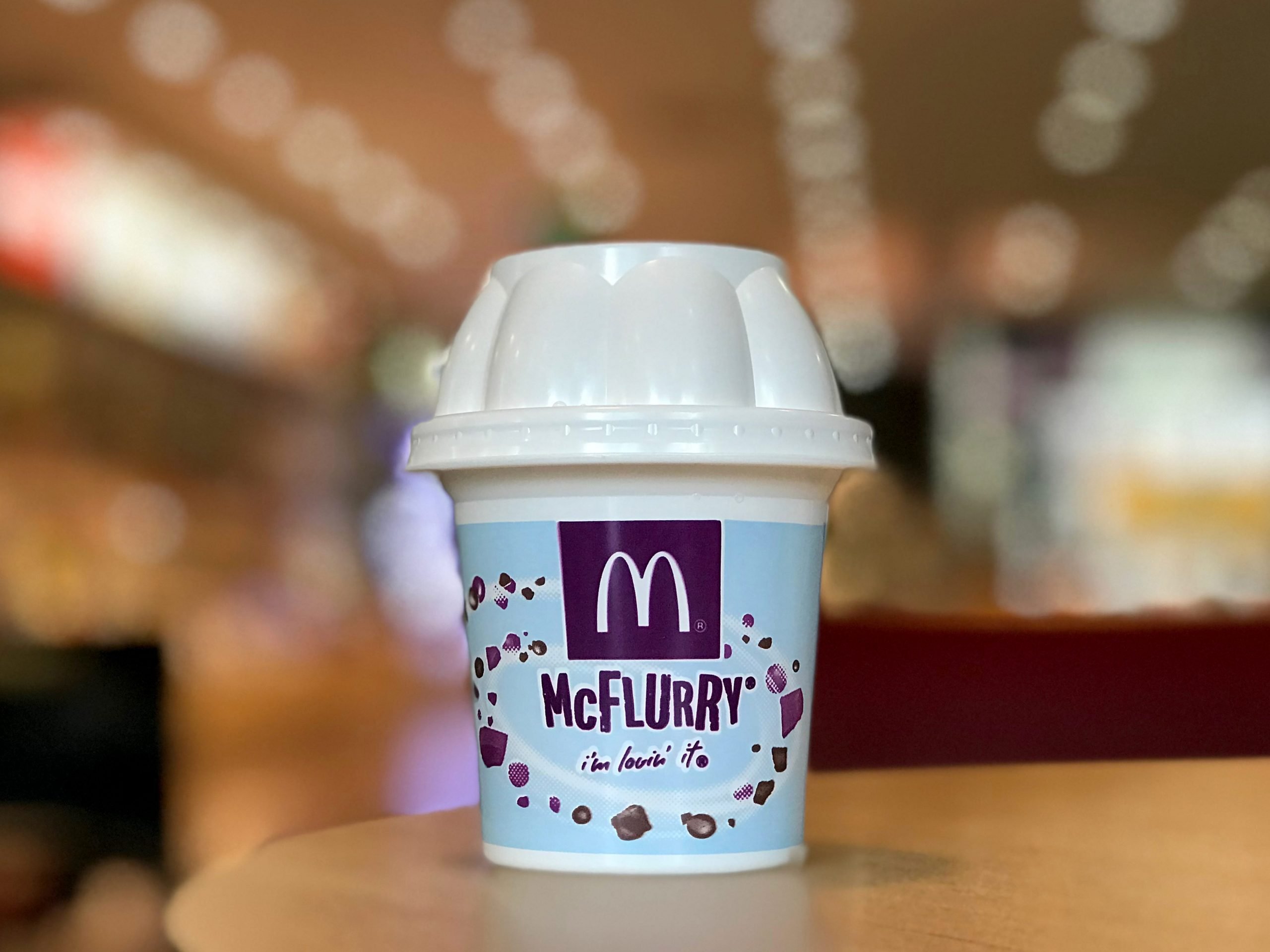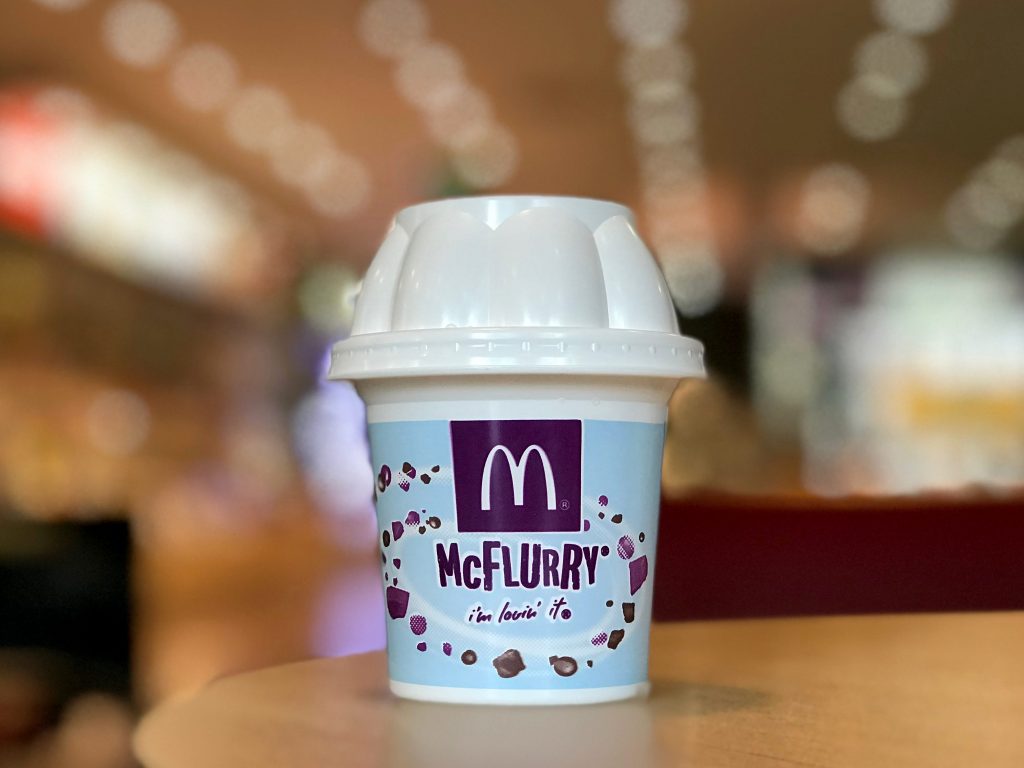
Shutterstock
- McFlurry machine-maker Taylor was reportedly served a restraining order following claims it stole trade secrets.
- Kytch, a company that helps repair the machines, claims Taylor tried to copy its repair device.
- A judge told Taylor to hand over the Kytch devices within 24 hours, Motherboard reported.
- See more stories on Insider's business page.
The company that makes McDonald's ice-cream machines has been hit with a restraining order following claims that it tried to steal trade secrets about repairing the machines, according to a report by Vice's Motherboard.
Motherboard reported that Kytch, a company that makes a device designed to help McDonald's franchisees repair the McFlurry machines, now has a restraining order against Taylor, the machine-maker, related to a lawsuit Kytch filed in May. In the May lawsuit, Kytch said it believed that Taylor used a McDonald's franchisee to steal trade secrets related to Kytch's repair devices.
A California judge issued the temporary restraining order against Taylor on July 30 and told the company to hand over its Kytch devices within 24 hours, Motherboard reported.
Taylor denies the allegations in the lawsuit, per court filings seen by Motherboard.
During the 2010s, the McFlurry machines had a reputation for breaking down – one customer even started the website McBroken to track which McDonald's restaurants had ice-cream machine currently out of use. In 2019, Kytch began trialing a device that would help franchisees make simple repairs to the machines without having to call a certified Taylor repair technician.
Kytch said in its May lawsuit that Taylor went to great lengths to acquire one of the repair devices, including through two private investigators who used dummy email addresses.
Kytch said that Taylor eventually obtained one after it "induced" a McDonald's franchisee to breach his NDA with Kytch. Taylor planned to mine the device for trade secrets so it could "stay one step ahead of Kytch's diagnostic capabilities," per the lawsuit.
Taylor told McDonald's that its restaurants should stop using Kytch's devices because they were dangerous, Kytch claimed in the lawsuit. Kytch's co-founders told Wired that McDonald's sent out an email to franchisees saying that the devices could cause "serious human injury" and urged them to stop using them. Wired viewed the emails.
McDonald's and Taylor both told Wired that Kytch's devices could be dangerous.
Kytch's lawsuit claimed Taylor's uses of Kytch's confidential information had cost the company "untold millions of dollars, and they will certainly cause Kytch further damage in the future."
Kytch also claimed that, after obtaining the device, Taylor began work on its own alternative device.
Taylor's chief operating officer, in response, said that the company had obtained a Kytch device "in order to evaluate and assess its potential technology-related impacts upon our Soft Serve Machine," per court filings seen by Motherboard.
But the exec denied that Taylor mined the device for trade secrets, or even that it would "need such information," Motherboard reported.
In it suit, Kytch asked for unspecified monetary damages, and asked Taylor to surrender "all materials and trade secrets wrongfully misappropriated."
Kytch said in the lawsuit that Taylor had "designed flawed code that caused the machines to malfunction," and said that this may have been deliberate.
McDonald's told Vice in May that there was no conspiracy between Taylor and McDonald's, and added that it had a dedicated team working to improve the reliability of its McFlurry machines.
McDonald's, Kytch, and Taylor did not immediately respond to Insider's request for comment. Taylor did not respond to Motherboard's request for comments.
Do you work at McDonald's? Got a story to share? Email this reporter at [email protected]. Always use a non-work phone.
